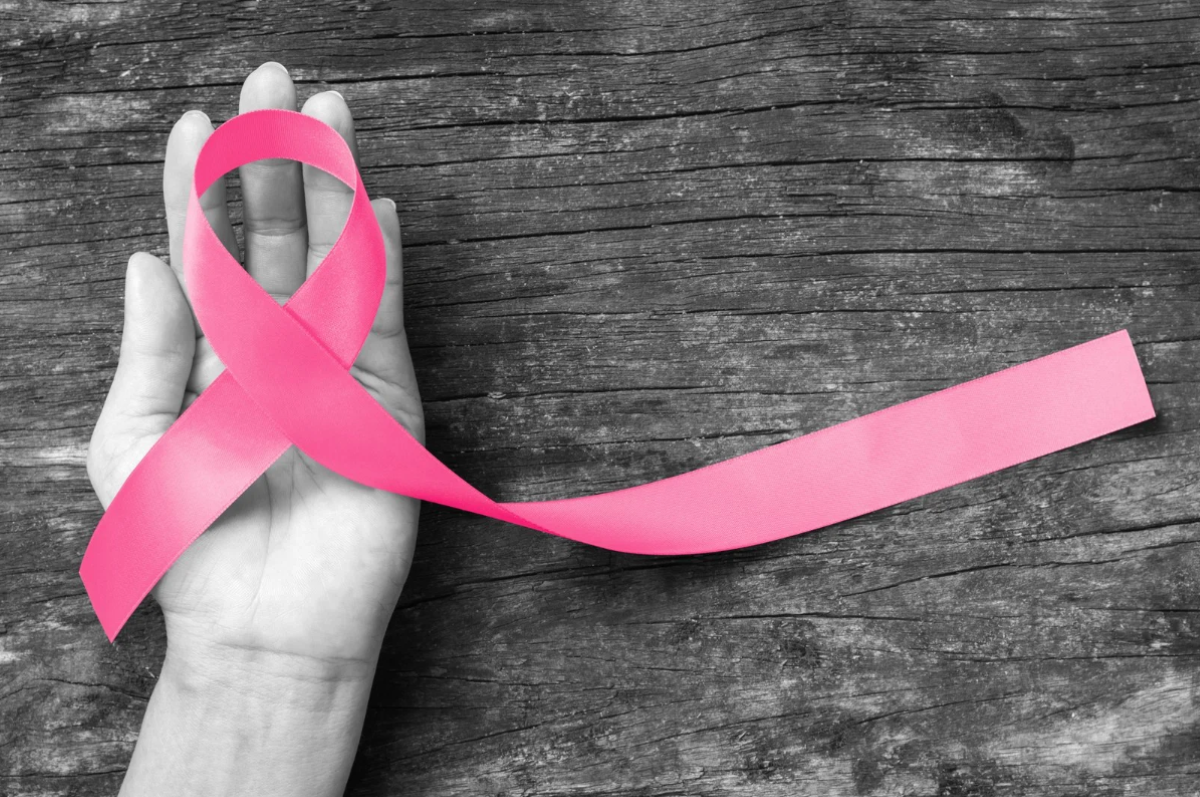Before Undergoing Breast Reconstruction Surgery, 10 Things to Consider
Breast reconstruction surgery is a crucial step in the recovery process for many breast cancer survivors. But with the overwhelming amount of information available, it can feel like trying to drink from a fire hydrant. Here’s a concise checklist to help you make informed decisions about your treatment plan.
1. Research Thoroughly
When faced with a breast cancer diagnosis, it’s natural to want to expedite your treatment. However, taking the time to understand all your options is vital. Consult reputable sources and discuss your choices with your doctors to ensure you’re making well-informed decisions.
2. Talk to Your Doctor
While online support groups and patient forums can provide valuable support, every patient’s situation is unique. It’s essential to address questions specific to your care directly with your doctor for the most accurate and personalized information.
3. Make the Best Decision for You
Breast reconstruction is a highly personal decision influenced by various factors. Involve your spouse, family, or support system in consultations to help weigh your options. Ultimately, the decision must be best for YOU in your current situation.
4. Plan Ahead
Surgery requires a recovery period that varies depending on the type of work you need to resume. Discuss the expected recovery time and post-op restrictions with your surgeon to adequately plan with your support system and employer.
5. Choose Your Breast Size
Your pre-operative body habitus will influence the size of your breast reconstruction. During your consultation, your surgeon will discuss your ideal breast size and show you photos of patients with similar body types to help set realistic expectations.
6. Know Your Timeline
At Breast Reconstruction Associates, our goal is to complete your reconstruction in as few surgeries as possible. Ask your surgeon how many surgeries they anticipate and the timing of each one. This timeline may need adjustment to prioritize your cancer treatment.
7. Understand Your Post-Surgery Appearance
Looking at photos of other patients who have undergone the surgery can alleviate fears. At Breast Reconstruction Associates, we review photos with patients to provide an accurate visual of what to expect regarding scar patterns and overall appearance.
8. Ask Questions
Don’t hesitate to ask any questions you have. Make a list of all your concerns and go through them with your doctor to ensure you have clarity and peace of mind.
9. Consider Your Nipples
Some patients may have the option of keeping their nipples through a nipple-sparing mastectomy, depending on the tumor’s location and nipple position. If not, options like nipple reconstruction or 3D nipple areola tattoos can complete your reconstruction.
10. Understand the Goal of Reconstruction
Discuss realistic expectations with your plastic surgeon and understand the difference between reconstructive and cosmetic surgery. The goal is to restore what cancer took away, allowing you to fit clothing evenly without needing a prosthesis. It’s a life-changing experience that requires time and perspective to accept and love your new reconstructed self.
Conclusion
Take the necessary time to research and understand your options before moving forward with breast reconstruction surgery. For more information, visit Breast Reconstruction Associates.

